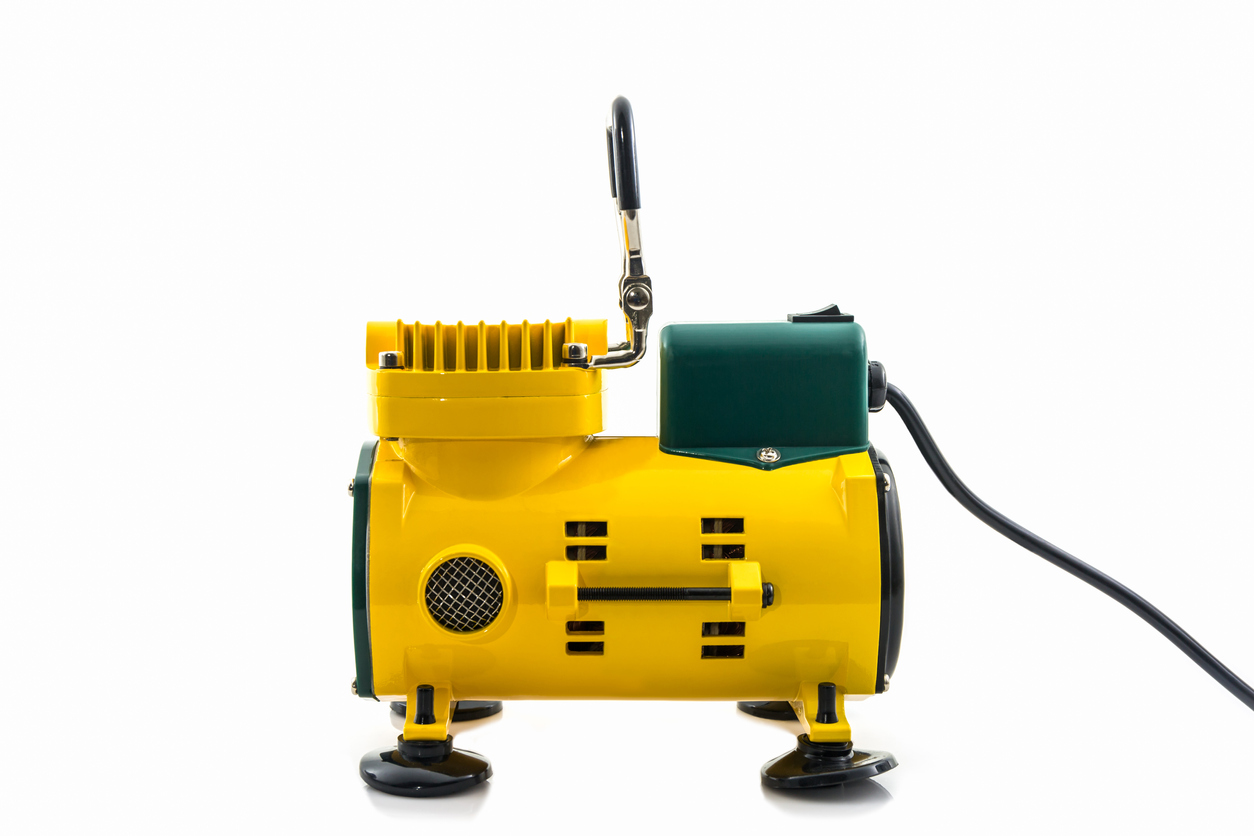Importing Air Pumps into Nigeria: A Practical Guide
Importing Air Pumps into Nigeria: A Practical Guide
Do you need to import Air Pumps into Nigeria? If yes, then this is the post for you!
Despite its abundant natural resources, Nigeria is home to some of the world’s poorest people. Anyone living in Nigeria knows how expensive it can be to live there. The cost of imported items are high. Yet, some Nigerians still want to improve their lifestyle by importing Air Pumps from abroad.
Here are some insights on doing so successfully.
Importing Air Pumps into Nigeria
It’s always a good idea to get the advice of an export consultant before you decide to import Air Pumps into Nigeria. They will give you a better understanding on what it takes to successfully import Air Pumps into the country. For example, they will tell you how much customs duties would be and what your overall cost would be.
Another thing you need to consider is how easy or difficult it’ll be for you to get your goods through customs. Some countries are more strict with their customs procedures than others, so it’s best to check this information out before making any decision about importing Air Pumps.
A final point of consideration is the costs involved in customs clearance. It’s important that these costs are as low as possible so that your business can stay profitable while importing Air Pumps into Nigeria.
What to do before importing
Before you start importing Air Pumps, there are a few things to consider.
First, do you have the necessary permits? If so, what does it take to get them?
Second, is your company official? If not, how can you ensure that it’s legitimate and won’t be confiscated by customs officials upon arrival?
Are you taking into account any potential tax requirements for importing goods into Nigeria? Are there any taxes that would need to be paid at the time of importation or when goods reach destination country? Are there any taxes that would need to be paid in the destination country if they are coming from a different country? Are there other costs associated with importing this item such as shipment fees or duties on goods entering the destination country (these vary based on where they’re being imported from)? What kind of quality assurances do you have in place for receiving your goods?
How to import Air Pumps
into Nigeria
There are some considerations that you need to take into account before importing Air Pumps into Nigeria. If you don’t do your homework, you might end up in a situation where the product doesn’t arrive at all or arrives with defects.
One of the most important considerations is the logistics required for getting the item to Nigeria. For example, if the package is too heavy, then it will be difficult to import it without any help from a shipping company. If this happens, then there could be additional costs involved.
In order to avoid charges such as these, make sure that you set up an inventory management system and use a reliable courier service for shipping. Additionally, make sure to keep track of your packages so that you know when they’ve been delivered successfully and aren’t likely to get lost in customs.
To ensure your package arrives on time and without any defects, it’s also important that you make sure your product is packed correctly. Make sure that there are no holes or tears in the packaging and that they’re not going through any rough handling during transport. This will ensure that your product arrives in tact and undamaged!
While these are just a few considerations when importing Air Pumps into Nigeria, there are
The cost of importing Air Pumps into Nigeria
One of the first things that comes to mind when you consider importing is how much it will cost. While it’s true that importing Air Pumps into Nigeria won’t be cheap, it can save a lot of money in the long run.
If you’re thinking about taking the plunge, remember that there are ways to offset the cost of an import. For example, if you want to import a large number of Air Pumps, but don’t want to spend a lot at once, you can contact your bank and ask them for a loan.
Another option is to purchase in bulk and sell on the market locally. You’ll have less product in your possession, but this can also reduce total costs by keeping overhead low.
Whatever route you decide to take, remember that there are many opportunities for Nigerians who want to import Air Pumps into Nigeria.
Conclusion
How many people do you know who are struggling to get by in Nigeria?
Despite its abundant natural resources, Nigeria is home to some of the world’s poorest people. If you don’t want to be one of them, then here are some insights on getting your Air Pumps imported successfully.








LEAVE A COMMENT
You must be logged in to post a comment.